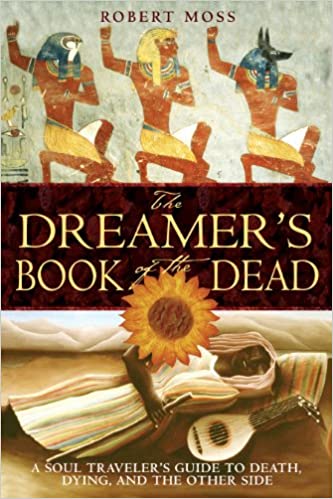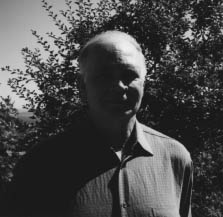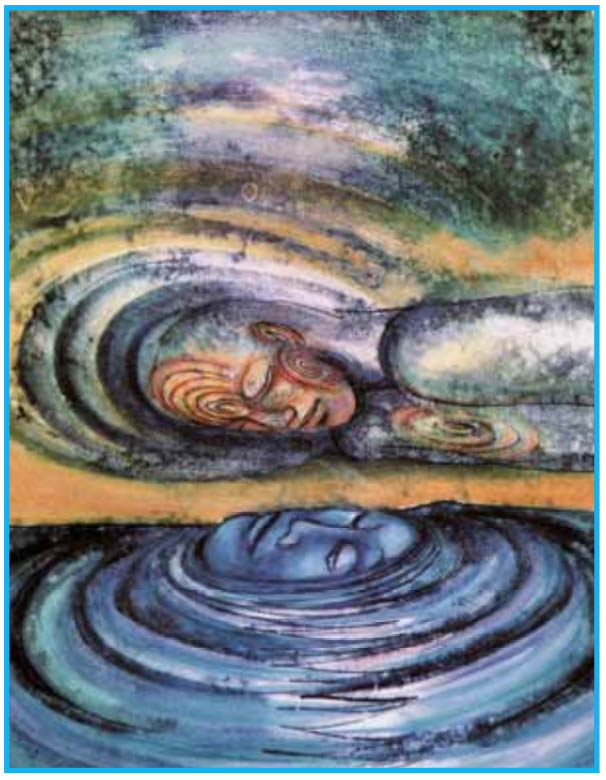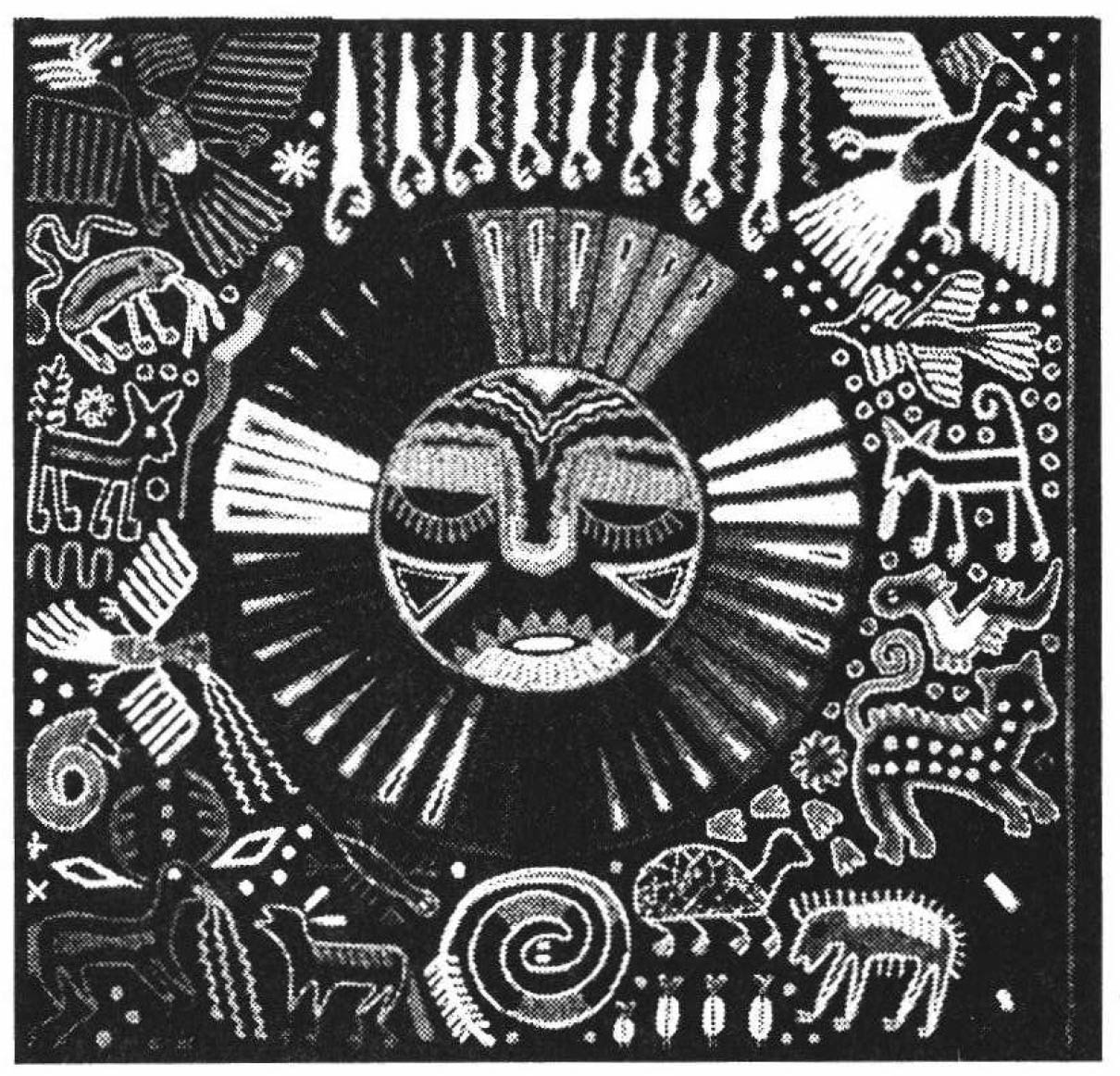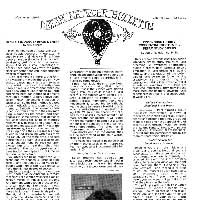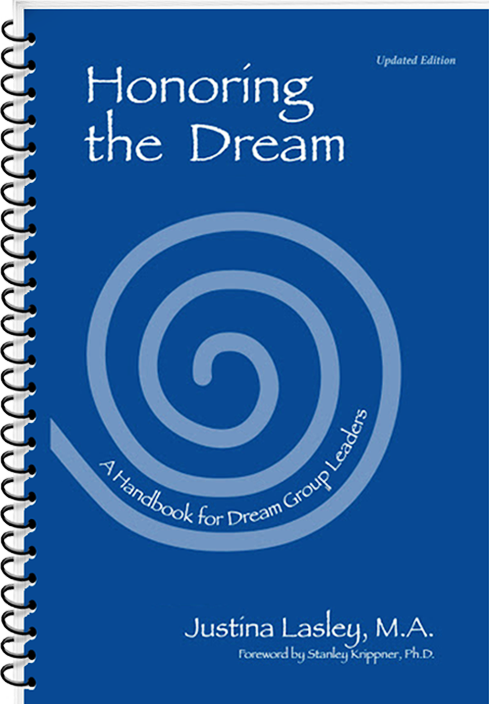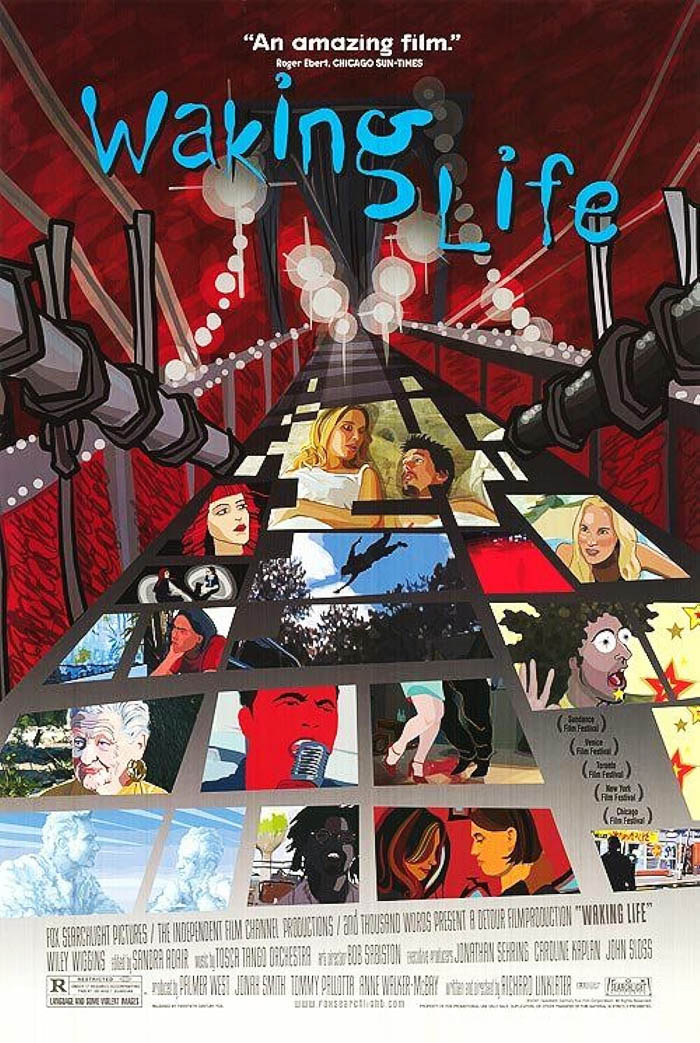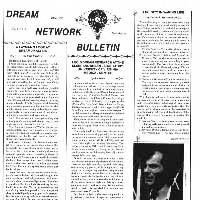
"A safe, friendly, supportive, environment for talking about and exploring dream experiences, with an emphasis on integrating dream life with waking life and becoming more connected with ourselves and others." Vicki Vlach
The idea of creating a dream-friendly space - a 'Dream Space' - grew from my own desire to share dreams as a normal part of daily life. Books, classes, workshops, and lectures often focus on discovering the meaning/messages of dreams. I've learned, and continue to learn, much from these resources and the tools they provide. And I've shared that learning in my own workshops, classes, and groups. But I needed more than what the workshop/class model provided. And I really wanted a place, a space, to simply share and talk about dreams and dream experiences without the implicit expectation of looking for an interpretation. I wanted a place for dreams to just be themselves.
It seemed to me that if people got together and talked about dreams as if they were a part of every day life, and, more importantly, if they could hear other people's dreams in the same way, then insights, connections, and even 'meanings' would emerge from the sharing of common, and not so common, experiences. I also wanted to help people see that the majority of 'weird' dreams are not as 'weird' as they might appear to be. Because talking about dreams is not typically part of daily life, most people aren't exposed to multiple versions of the same dream the way dream workers and professionals in certain fields are. Hearing someone describe what they call 'a weird dream,' and then two others share dreams similar to the first - and then a dozen more talk about their own dreams using almost the same image(s), theme(s), or idea(s) - and then another dozen, and another...., well, after a while, it's not so 'weird' anymore. This is a good thing, I think.
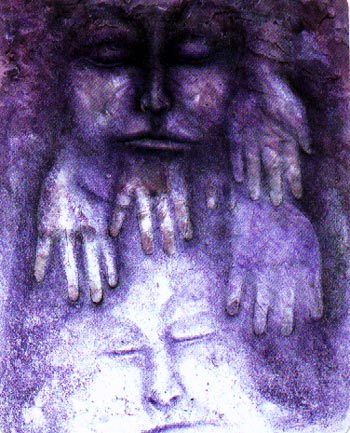
I wanted to 'normalize' dreams. If people shared dreams and dream experiences without specifically trying to 'figure out' what a dream 'meant,' then the diverse richness of individual experiences would open a new way to relate to dreams. Dreams would become less opaque as their connection to an individual's waking life became apparent in the course of normal conversation and open sharing. They would become less an unknown and difficult-to-understand 'other' and more of a friend whose thoughts, ideas, and insights were welcomed and sought out. They would become part of one's every day waking life. Dreams would still have mystery, but it would be mystery directly connected to one's own felt response, rather than as an exercise in logical analysis and cerebral interpretation. We would understand them with, and within, the context of our lives - as 'part of,' rather than 'in addition to.' We would know them in our hearts, not just in our heads.
Rereading that last paragraph, it sounds idealistic to me - or romantic - or maybe both. But however it sounds, I just trust that dreams have more to say to us if we could listen in a new way and not always try so very hard to 'figure them out.' It's important to do the figuring out part, but I wanted a place for dreams to just be.
So the idea of creating a 'Dream Space' emerged. The Human Potential Center in Austin generously offered the use of their physical space and even included the 'Dream Space' experiment in their calendar. Dream Space was once a month when it first started, 'floating' around the calendar, landing where there was room. Attendance for the first few months was low. Now it's twice a month, approximately every other week, and I'm hopeful that the schedule change will increase attendance. With only one or two participants, the pull to focus on interpretation is strong. I'm happy to share what I've learned, but Dream Space is not specifically about interpretation. It's about integration.
A Dream Space, at least my current vision of it, is a space of openness, curiosity, and respect, where people can come together to share and be with their dreams and dream experiences, just as they are. With no overt push to rush to interpretation, any ideas, associations, and insights would (ideally) arise as people talked with each other. Such a space would also bring about a recognition that our dreams are often more similar than they are different, more 'normal' then they are 'weird.' I see such a space create openings to the realm of the heart, and in the heart there is movement. In the heart there are passageways, felt-connections, knowledge, wisdom, insights, wellings-up, understandings, actions, and even meanings. The many-layered wisdom of the dream world unfolds when space for dreams is valued in waking life and that value is felt in the realm of the heart. Yes, there will be dreams which leave dreamers thoroughly perplexed and confused, scratching their heads in bewilderment. But it seems to me that most dreams are not all that unusual, weird, or hard to understand - most dreams just need to be listened to - they need to be heard, just as themselves. Books, classes, lectures, and workshops are useful tools to help one listen and hear (I love 'em!), but my felt sense is that these are only part of how we can relate to dreams. So I'm tickled to pieces that I get to try this experiment. I'll let you know how it turns out.
If I've learned anything in the years that I've kept a dream journal, read books, gone to lectures, attended and taught classes and workshops, I've learned that the physical world and the world of dreams are not so far apart. You travel from one to the other along the pathways of the heart. And I've learned that the path between the dream world and the world of waking life is paved best with openness, curiosity, and respect. It helps to be lighthearted, and it helps to listen with one's inner ears (which are connected directly to the heart). And I've learned that people don't really talk about dreams very much as a normal part of daily conversation with friends, family, or co- workers. I hope my 'Dream Space' experiment helps change that, because sharing dreams as part of one's every day life can add so much to every day of one's life!


